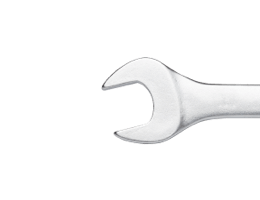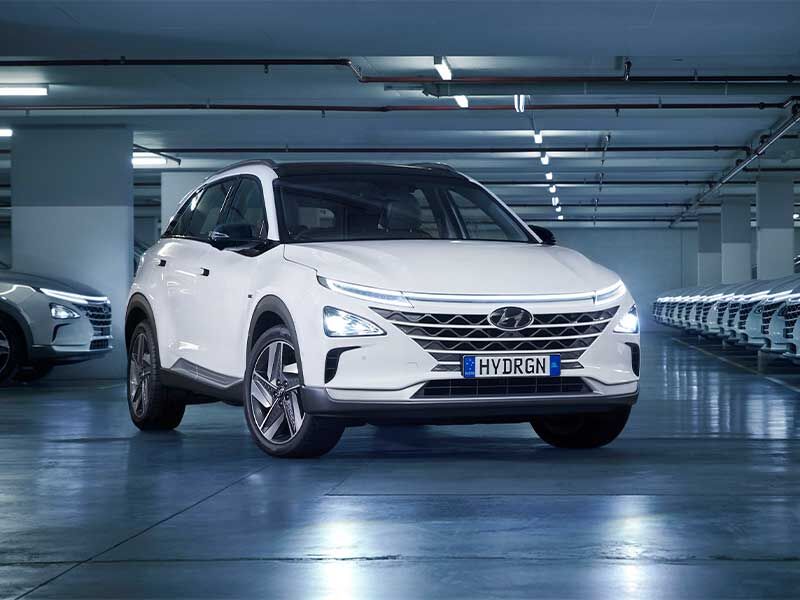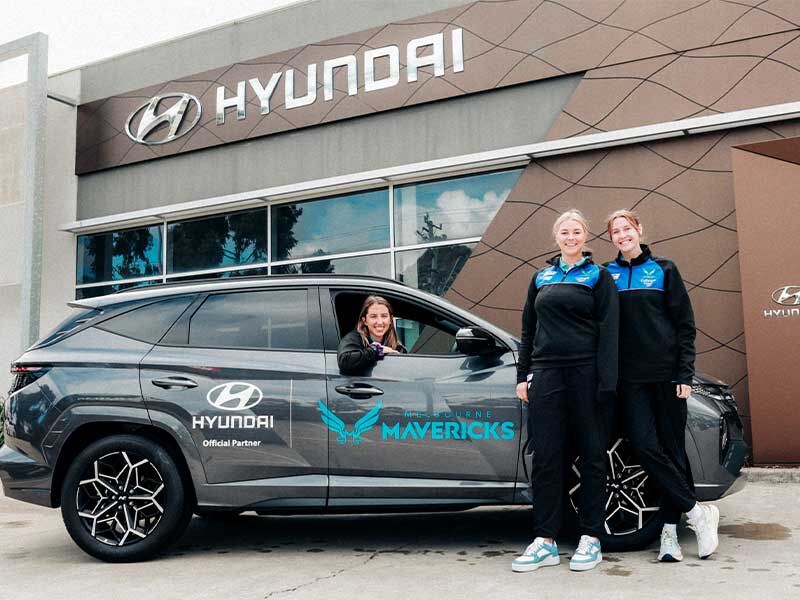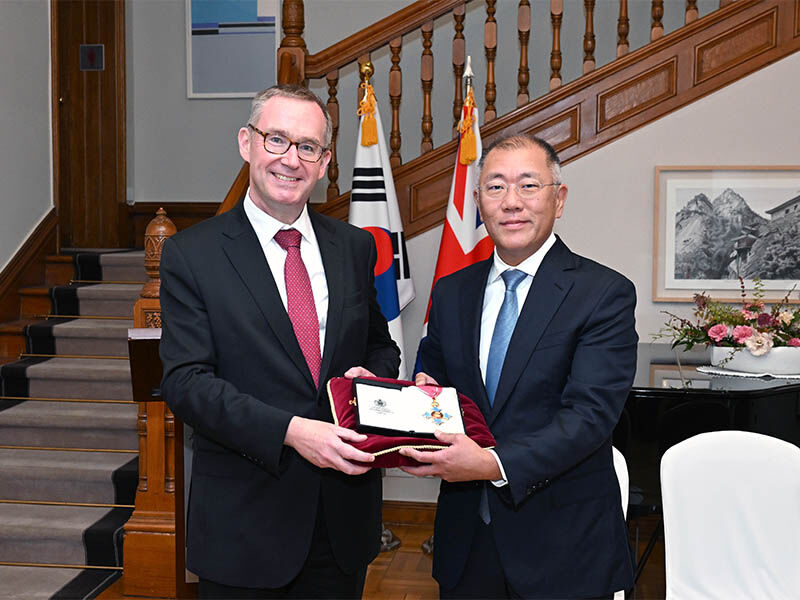Hyundai News.
Stay on top of all things Hyundai.
Featured news.
Stay updated with the latest Hyundai news.
By joining the Hyundai community you will be the first to hear about new products, initiatives and special offers.
Subscribe

Our latest awards wins.
If you're a fan of our cars, you're in very good company. The number of awards the experts have been giving us just keeps on growing, and our most recent wins are detailed on our Awards page.
Discover AwardsView our popular models.
From small urban explores to SUVs built for adventure, there's a Hyundai to suit every lifestyle. Discover your perfect Hyundai today.
Explore all models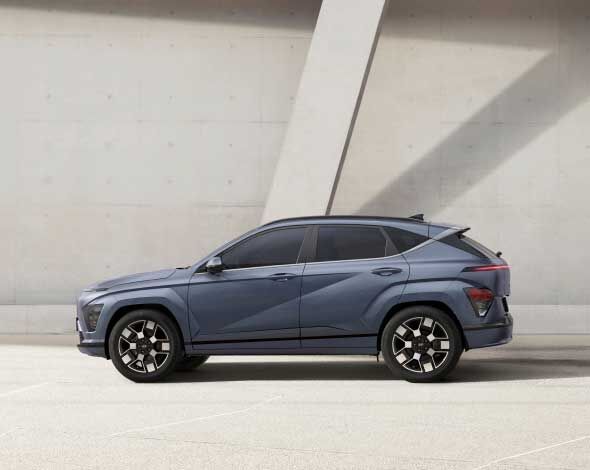
You can make a difference.
When you buy a new Hyundai, a portion goes to supporting our Hyundai Help for Kids program. We've donated $15,510,241 to children's charities since January 2014.
Find out more here
